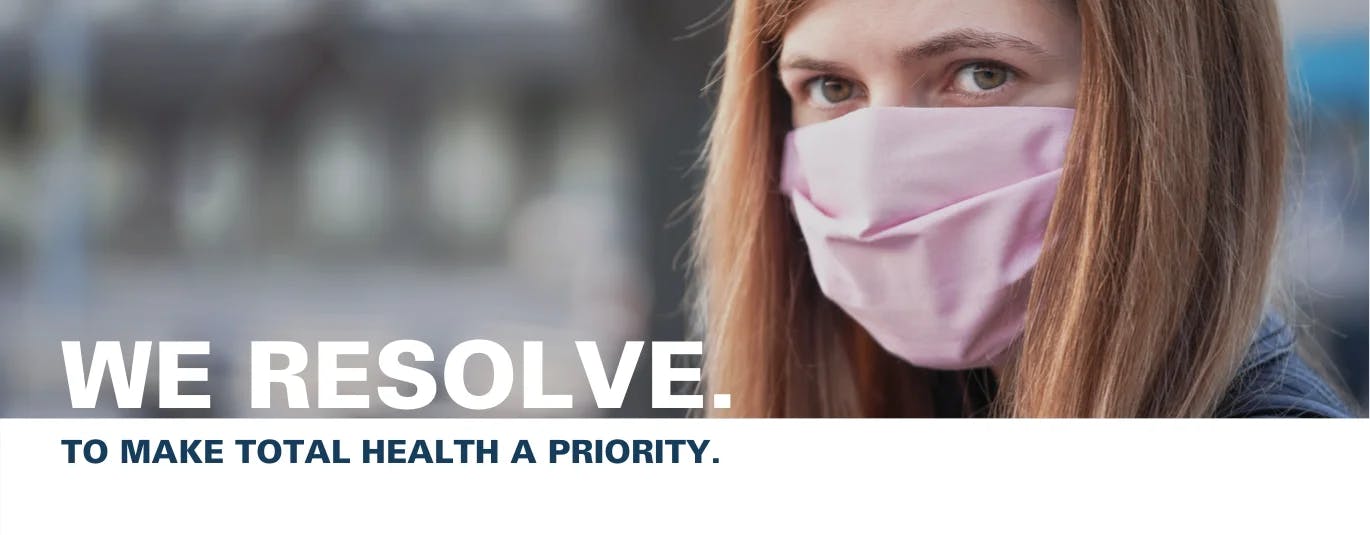
How To Manage OCD & Anxiety During The COVID-19 Outbreak
Chelsea Moravek and Susan Foosness
We’ve all heard people joke about their “OCD tendencies.” You might think of obsessive-compulsive disorder (OCD) as a mild problem, or even a helpful behavior for “neat freaks.” But the truth is that OCD is a serious behavioral health condition. It impacts nearly 1 in 40 (or 2 to 3 million) adults in the United States at some point in their lives. It can significantly impact a person’s relationships with others, their work or school, and their sense of self.
We talked with Dr. Patrick McGrath, Head of Clinical Services at NOCD to learn more about this behavioral health condition during COVID-19.
Q: What impact has COVID-19 had on people with anxiety and OCD?
A: The COVID-19 outbreak has caused an increase in anxiety in just about everyone. We’ve adopted new behaviors to decrease the chances of getting ourselves or others sick. While it’s reasonable and ethically responsible to be more careful, the added risks and responsibilities have worsened many people’s OCD.
The pandemic has also introduced uncertainty in day-to-day life, disruption of routines, and new health and safety requirements, including distance from loved ones.
What is OCD?
OCD is a chronic condition where a person has recurring unwanted thoughts, images, urges, and fears (obsessions) that trigger significant anxiety. This leads to repetitive physical or mental behaviors (compulsions) in an attempt to reduce the resulting distress. That relief is only temporary, igniting an endless cycle if not treated.
Q: What does this new day-to-day and disruption look like to those who have OCD?
A: These changes may increase the frequency of unwanted thoughts, images, or urges for people with OCD. Those who are distressed with thoughts that they will accidentally infect someone may respond by ramping up their hand washing or cleaning efforts, to the point of exhaustion and having cracked and peeling hands. Others who are desperately searching for certainty about COVID-19 may respond by excessively seeking new information.
Q: Why is it important for someone experiencing OCD to connect with a behavioral health provider?
A: We have no way to estimate how long this might go on – creating a perfect storm of uncertainty for anxious minds. Therefore, receiving a diagnostic assessment and therapy from a licensed, OCD-trained professional may be more beneficial than ever. However, due to ever-changing regulations, many people are finding themselves unable to physically go in for appointments.
Q: Is virtual treatment an option for OCD?
A: Yes! The most effective therapy for OCD—Exposure and Response Prevention (ERP)—is just as effective through online video appointments as it is in an office. When done with a licensed OCD therapist, ERP is the most reliable way to decrease distress caused by OCD.
Trying to “fight” thoughts, images, or urges is a losing battle. Instead, ERP works by helping people recognize and resist their compulsions. It gradually teaches them that they can tolerate even their most distressing obsessions. An OCD-trained therapist can create a personalized treatment program to help people effectively manage their OCD.
Q: How can people get connected to virtual treatment for OCD?
A: Blue Cross and Blue Shield of North Carolina offers eligible members a diagnostic assessment and specialized online therapy through an in-network telehealth provider. – NOCD provides live one-on-one video therapy with OCD and ERP-trained therapists. This can help reduce OCD symptoms for most people in just a few weeks. Between sessions, members can access a peer community and personalized self-management tools at any time for ongoing support.
Eligible members can schedule a free 15-minute phone call with NOCD to learn more about how to work with an in-network therapist to help manage OCD, especially during these times of heightened anxiety. It could be one of the most important calls you ever make.
Interested in learning more about health insurance? Get a free online quote or contact the Health Plans of NC Independent Agent on this website.
Ready to get started?
Related Articles
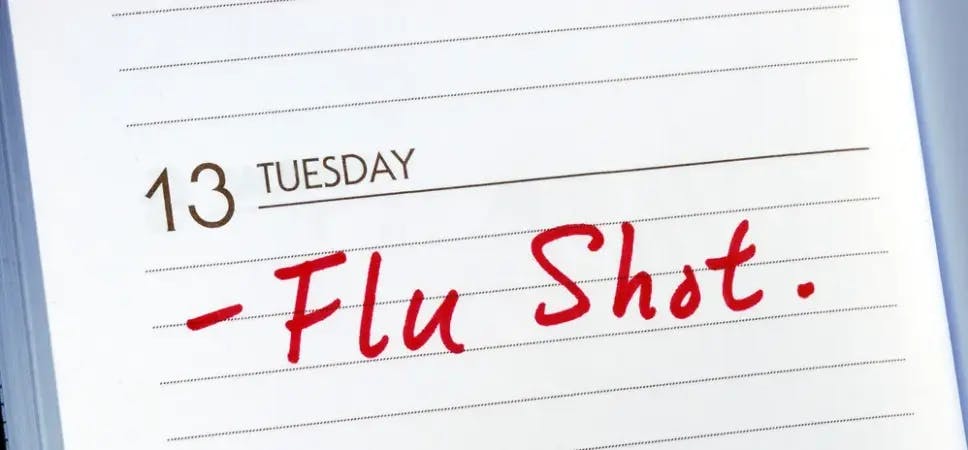
No Flu For You: 5 Flu Shot Myths Debunked
Maybe you’re ready to go and are rushing to Target because they’re offering discounts to shoppers who get the flu shot as an incentive. Great! You know the importance of getting the flu shot, not just for yourself but for your loved ones, too.
But maybe you’re not so ready. Maybe you’ve heard something that’s swayed your opinion this year. Something that scared you or made you think twice. We get it. Every year rumors circulate about getting vaccinated, from the outlandish to the plausible. And it’s hard to know what’s true and what’s not, especially in this age of lightning fast communications.
Allison Bonner
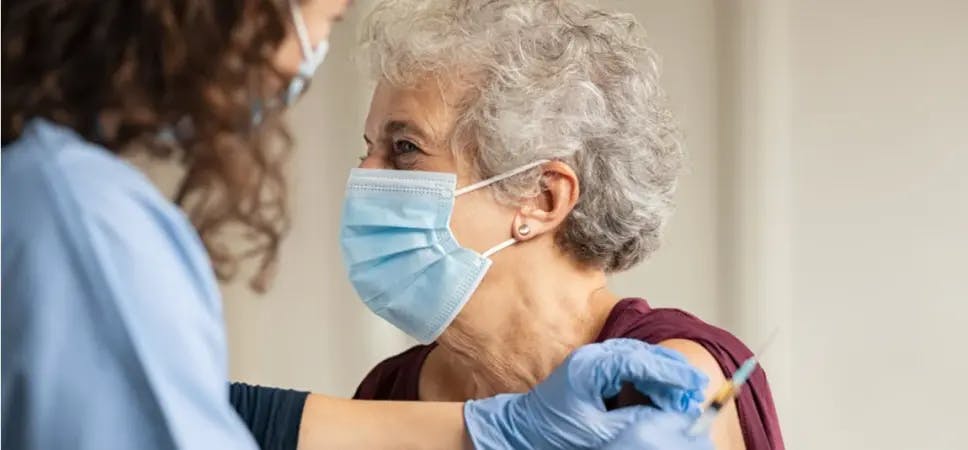
Get The Facts About COVID-19 Vaccines: 5 Rumors Debunked
It’s reasonable to have concerns about a new vaccine.
To help you separate fact from fiction, Blue Cross and Blue Shield of North Carolina Medical Directors are breaking down some of the most common myths.
Blue Cross NC
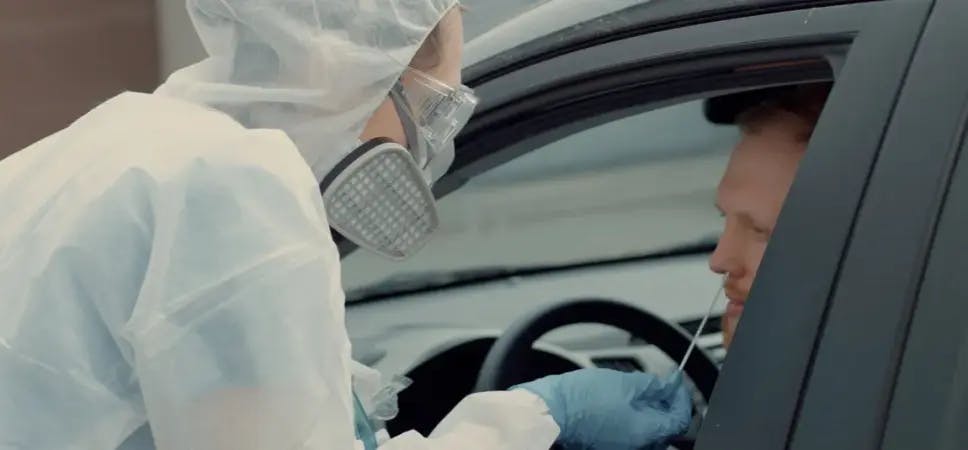
A Timeline Of COVID-19 Symptoms
You’ve been careful. You’ve stayed socially distant. You’ve worn a mask. You’ve washed your hands often. But others weren’t as careful. And when you went to grab takeout last week, you bumped shoulders with someone who had COVID-19. Little did you know, they had just coughed, and you are now infected.
You may not start feeling symptoms immediately, but when you do, what can you expect?
Dr. Larry Wu
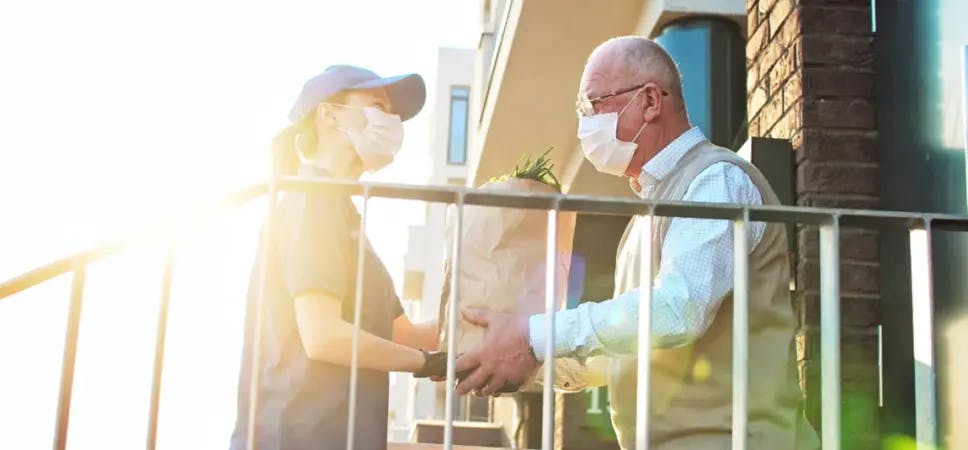
Supporting Our Seniors Amid COVID-19
Adjusting to our new routines during COVID-19 looks different for everyone. For some, it’s fewer trips to the mall or more meals at home. But for at-risk individuals, it can mean complete isolation.
As we now know, COVID-19 causes the most severe health issues for adults over 60, with particularly fatal results for those 80 years and older. This is forcing many senior citizens in our communities to stay indoors. While it helps limit coronavirus exposure, it also limits interactions with friends and family.
Blue Cross NC
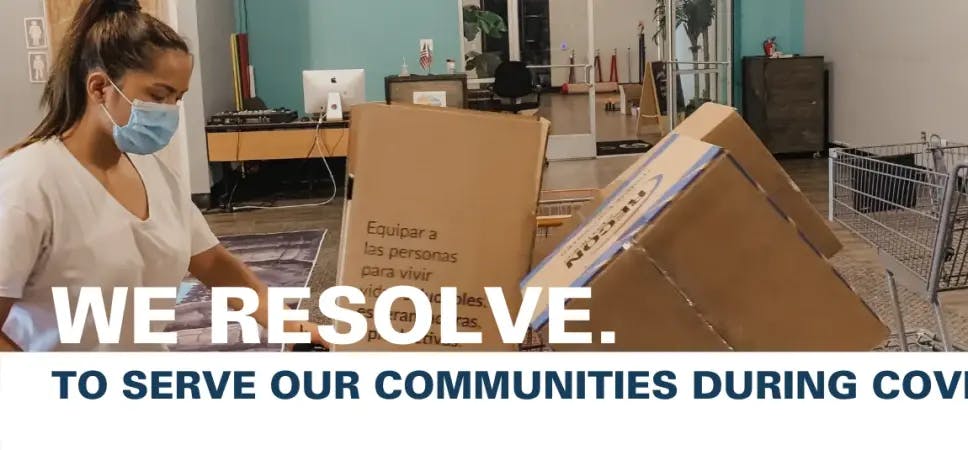
Supporting Latino Communities Through COVID-19
In North Carolina, 9.6% of the population is Hispanic or Latino.[2] But by mid-June, the Hispanic and Latino community represented more than 44% of North Carolina’s COVID-19 cases. [3]
Prior to the pandemic, Latino communities faced greater health disparities. These disparities are caused by social and economic discrimination. Now, some challenges are proving even greater under the stress of a virus.
Melissa Biediger

Local Chef Feeds 3,000 People Every Week Amid COVID-19
Before the pandemic hit, N’Gai would drive across the North Carolina Triad to teach healthy eating and cooking classes in underserved communities. Working for the American Heart Association, N’Gai’s efforts helped address food insecurity in the region. But when the coronavirus reached North Carolina, he knew he had to change course.
With all his classes cancelled, N’Gai is now preparing 3,000 meals a week for people in need.
Emilie Poplett

Tips For Managing Chronic Illnesses During COVID-19
Nurse case managers at Blue Cross and Blue Shield of North Carolina (Blue Cross NC) are working hard to help members with existing health conditions stay safe. Four of these nurses—Roanne Ray, Ebb Olwell, Cary Holt, and Grace Denton—compiled a few tips for protecting yourself and staying healthy.
MAKE A PLAN FOR GETTING GROCERIES AND ESSENTIAL ITEMS
Blue Cross NC

3 Tips For Coping With Chronic Illness
Several years later, I still haven’t gotten used to living with a chronic illness. I’ve never had a moment of radical acceptance. I’ve never woken up and said, “Ah, yes, I get it now! This is all part of a grand plan! It all makes sense!”
What I have done is learned to live a meaningful life within my limitations. It didn’t happen overnight, but it did happen.
Emilie Poplett via Blue Cross NC